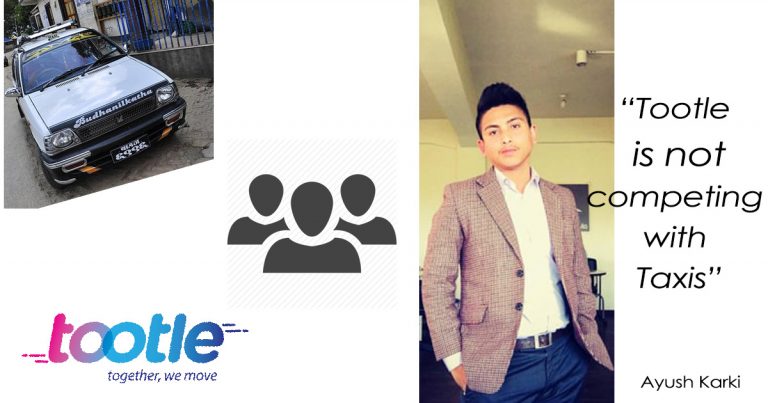
A major part of Friday evening’s conversation was about the fate of Tootle/Pathao. A friend expressed worry that he would have to go back to hailing expensive cabs for his Friday adventures, while another shared her experience, “I was requested by my rider to tell the police that we are friends in case we were stopped”. Such is the harassment.
I reach out to Mr. Ayush Karki, head of Partner Acquisition and Market Development to hear his side of story – his points, in alignment with the entire team of Tootle is interesting.
“We have been discussing the issue at hand, while we are dejected, our hope in the government to resolve the issue with the best outcome towards the public continues”, he says.
Asking about if they are considering closing the service, he says, “we are yet to receive an official notice with direct instructions addressed to us. Once that arrives, we will have no option but to close down”.
It is understood, the Department of Transport Management (DoTM) has only issued circulars instructing ride-sharing apps to discontinue using private vehicles for public transport, and warned dissenters of legal action. Meanwhile, a Setopati article yesterday said the Ministry of Transport and Physical Infrastructure had issued no such warning (DoTM functions under the Ministry of Transport and Physical Infrastructure). According to its website, DoTM’s purpose is to provide safe, reliable and ‘easy transportation’ service to the public and goods carrier.
Moving ahead with the conversation, Mr. Karki explains that ‘Tootle is not competing with taxis – for example, Tootle’s maximum capacity is one person, a cab’s is 4 people. When a group of people need to go somewhere, they are not going to take 4 motorcycles? They will take a cab instead as it is going to work out cheaper for them. Similarly, for one person to take a taxi to a destination is expensive, hence the popularity of ride sharing app like ours.
(Note: We have to specifically mention Tootle because Pathao has a four wheeler service, and the same logic cannot be applied. Nevertheless, Pathao two-wheelers serve the same purpose).
He continues to share an interesting feature about technology – ‘it’s ability to disrupt’. “Long time ago, when ATMs arrived, did bank tellers protest? Rather, banks and the tellers adapted towards bettering their services. If tellers had protested then, we probably would not be paying for our movie tickets using cards!”
“Similarly, if we cannot find a footing to work together, how are we going to improve the public transport industry? For example, tomorrow when metro trains arrive in Kathmandu, taxis and Tootle/Pathao are going to be affected alike, do we improve/better our services, or start lobbying?”, he adds, driving the point home.
“Therefore”, he concludes, “ride-sharing apps should not be singled out; we believe we have become a part of the public transport system service in Nepal. We believe we have added value, and the government has to discuss ways to solve the issue at hand rather than banning us.”





